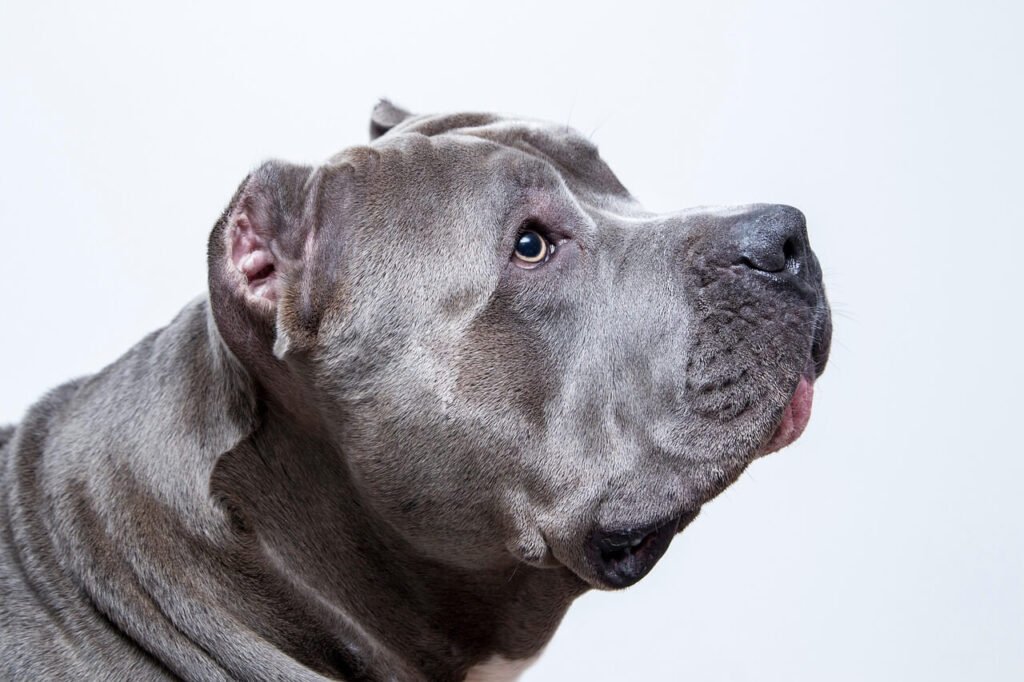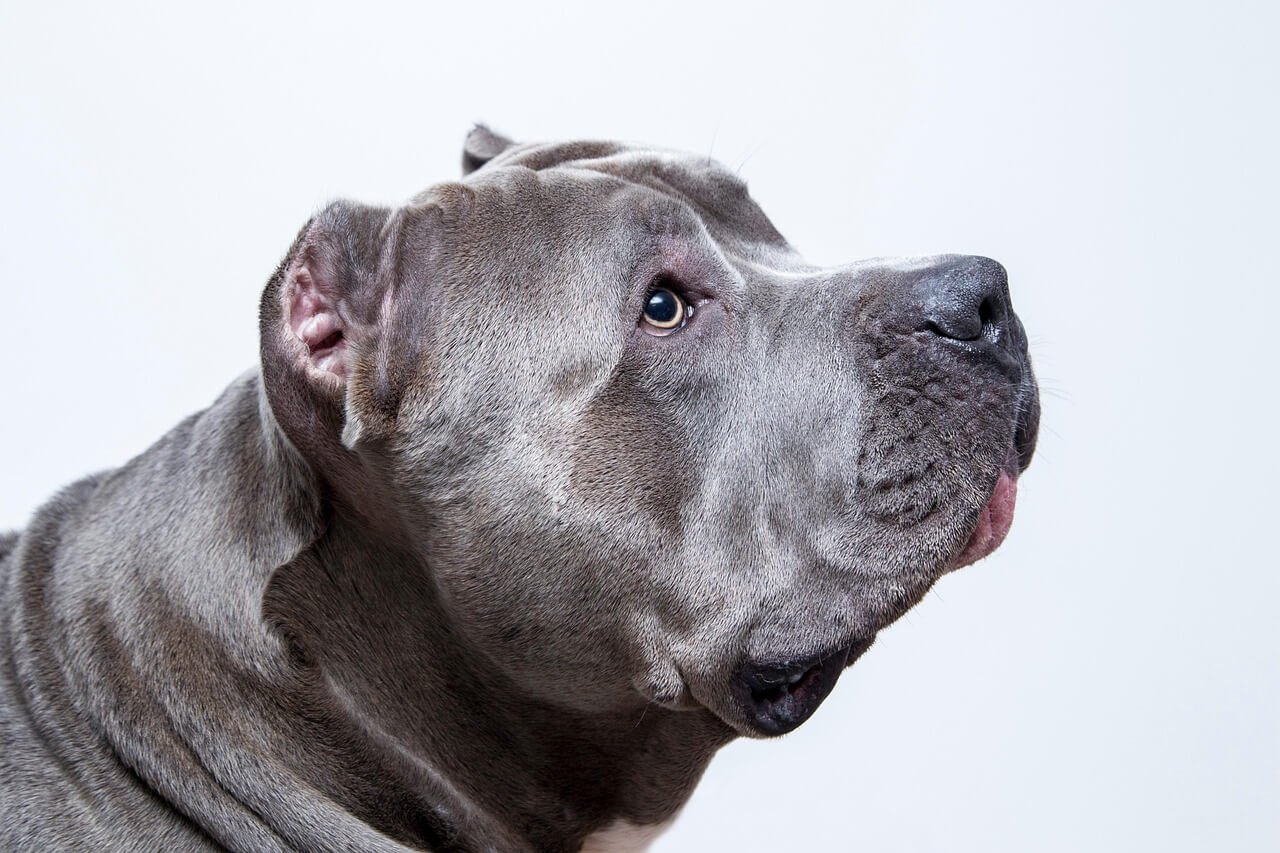Blue Nose Pitbull: A Guide to This Unique and Loyal Companion
The Blue Nose Pitbull is a striking and beloved breed known for its distinctive blue-gray coat, muscular build, and affectionate personality. While often misunderstood due to misconceptions about pitbulls in general, these dogs are incredibly loyal, intelligent, and loving companions when raised in the right environment. Whether you’re considering adding a Blue Nose Pitbull to your family or simply curious about this remarkable breed, understanding their characteristics, care needs, and temperament is essential. In this blog post, we’ll explore everything you need to know about the Blue Nose Pitbull, from their unique traits to tips for ensuring they thrive as part of your household.
Key Characteristics of the Blue Nose Pitbull
The Blue Nose Pitbull stands out not only for its striking appearance but also for its distinct personality and physical traits. These dogs are a variation of the American Pitbull Terrier, with their “blue nose” resulting from a specific genetic combination. Here’s what makes them special:
Muscular Build : Their strong, athletic physique reflects their history as working dogs bred for strength and endurance.
Distinct Coat Color : The blue-gray hue of their coat and nose is caused by a recessive gene, making them visually unique.
Intelligent Nature : Blue Nose Pitbulls are highly trainable and eager to please, making them great candidates for obedience training.
Affectionate Temperament : Despite stereotypes, they are incredibly loving and form strong bonds with their families.
Energetic Personality : These dogs thrive on physical activity and mental stimulation, requiring plenty of exercise daily.
Understanding these traits helps potential owners determine if the Blue Nose Pitbull is the right fit for their lifestyle while appreciating their unique qualities.
Essential Care Tips for Your Blue Nose Pitbull
Caring for a Blue Nose Pitbull involves more than just providing food and shelter; it requires attention to their physical, mental, and emotional needs. Proper care ensures they remain healthy, happy, and well-behaved. Here are some key considerations:
Balanced Diet : Feed them high-quality dog food rich in protein to support their active lifestyle and maintain muscle mass.
Regular Exercise : Aim for at least 1-2 hours of exercise daily, including walks, runs, or playtime in a secure area.
Socialization : Introduce them to people, pets, and new environments early to foster confidence and reduce aggression.
Grooming Needs : Brush their short coat weekly and bathe them as needed to keep their skin and fur healthy.
Veterinary Check-Ups : Schedule routine vet visits to monitor their health and address any issues promptly.
By following these care tips, you can ensure your Blue Nose Pitbull lives a long, fulfilling life as a cherished member of your family.
Check this guide 👉Pitbulls as Perfect Emotional Support Dogs: Best 7 Tips!
Check this guide 👉How Long Do Pitbulls Live: Best 7 Expert Tips!
Check this guide 👉Best Dog Food for Pitbulls: Top 7 Expert Tips!

Training Tips for Blue Nose Pitbulls | Benefits |
|---|---|
Start training early (puppy stage) | Builds a strong foundation |
Use positive reinforcement | Encourages good behavior |
Focus on leash training | Ensures safe walks |
Teach basic commands (sit, stay, etc.) | Improves communication |
Incorporate mental challenges | Prevents boredom and frustration |
Common Misconceptions About Blue Nose Pitbulls
Blue Nose Pitbulls often face unfair stereotypes due to misinformation about their breed. These misconceptions can lead to misunderstandings and even breed-specific legislation in some areas. It’s important to separate fact from fiction to truly appreciate these dogs. Below are some common myths debunked:
Myth: They Are Naturally Aggressive : In reality, aggression is influenced more by upbringing and training than breed alone.
Myth: They Can’t Be Around Kids : With proper socialization, Blue Nose Pitbulls are gentle and protective around children.
Myth: They Require Expert Owners : While experienced owners may have an easier time, first-time owners can succeed with dedication.
Myth: They Don’t Get Along with Other Pets : Early introductions and training can help them coexist peacefully with other animals.
Myth: All Pitbulls Are the Same : Each dog is an individual, and their personality depends on genetics, environment, and care.
Dispelling these myths allows us to see Blue Nose Pitbulls for who they truly are: loving, loyal, and intelligent companions.
Activities That Keep Your Blue Nose Pitbull Happy
Blue Nose Pitbulls are energetic and playful dogs that thrive on physical and mental stimulation. Engaging them in fun activities not only strengthens your bond but also keeps them mentally sharp and physically fit. Here are some ideas to keep your pup entertained:
Fetch Games : Use balls or frisbees to encourage running and improve cardiovascular fitness.
Agility Training : Set up obstacle courses in your backyard to challenge their coordination and problem-solving skills.
Swimming Sessions : Many Blue Nose Pitbulls enjoy water; swimming provides low-impact exercise for their joints.
Interactive Toys : Puzzle feeders or treat-dispensing toys keep them occupied and mentally stimulated.
Long Walks : Explore new trails or neighborhoods to provide both exercise and sensory enrichment.
Incorporating these activities into your routine ensures your Blue Nose Pitbull stays engaged, healthy, and content.
Health Considerations for Your Blue Nose Pitbull
Like all breeds, Blue Nose Pitbulls are prone to certain health issues that owners should be aware of. Understanding these potential concerns allows you to take preventive measures and ensure your dog stays healthy throughout their life. Here are some common health considerations:
Hip Dysplasia : A genetic condition where the hip joint doesn’t fit properly, leading to pain and mobility issues.
Allergies : They may develop skin or food allergies, causing itching, redness, or digestive problems.
Heart Disease : Conditions like congenital heart defects can affect their cardiovascular health over time.
Obesity : Their love for food can lead to weight gain if not managed with portion control and exercise.
Demodectic Mange : Caused by mites, this skin condition can result in hair loss and irritation if left untreated.
By staying informed and proactive about their health, you can help your Blue Nose Pitbull live a longer, happier life free from preventable ailments.
Training Techniques to Build a Strong Bond
Training is not just about teaching commands; it’s an opportunity to strengthen the bond between you and your Blue Nose Pitbull. Using effective techniques ensures they learn quickly while fostering trust and respect. Here are some proven methods to enhance your training sessions:
Positive Reinforcement : Reward good behavior with treats, praise, or toys to encourage repetition.
Short, Focused Sessions : Keep training sessions under 15 minutes to maintain their attention and enthusiasm.
Consistency is Key : Use the same commands and routines to avoid confusion and reinforce learning.
Patience and Calmness : Stay patient during challenging moments to build mutual trust and understanding.
Incorporate Play : Turn training into a game to make it enjoyable and engaging for both of you.
With these techniques, you’ll create a harmonious relationship built on clear communication and mutual respect.
Creating a Safe Environment for Your Blue Nose Pitbull
A safe and secure environment is essential for your Blue Nose Pitbull’s well-being, especially given their curious and energetic nature. Taking steps to eliminate hazards ensures they can explore and play without risk. Here are some ways to create a pitbull-friendly space:
Secure Fencing : Install sturdy fencing around your yard to prevent escapes and keep them safe.
Remove Toxic Items : Keep plants like lilies or chemicals like antifreeze out of reach to avoid poisoning.
Supervise Outdoor Time : Always monitor them during outdoor play to prevent accidents or encounters with wildlife.
Childproof Cabinets : Lock up cleaning supplies, medications, and small objects that could pose a choking hazard.
Provide Shade and Water : Ensure they have access to cool, shaded areas and fresh water during hot weather.
By taking these precautions, you’ll create a home environment where your Blue Nose Pitbull can thrive safely and comfortably.
Frequently Asked Questions About Blue Nose Pitbulls
How big do Blue Nose Pitbulls get?
Adult males typically weigh between 35-65 pounds, while females range from 30-60 pounds.
Are Blue Nose Pitbulls good family pets?
Yes, with proper training and socialization, they make loving and loyal family companions.
Do Blue Nose Pitbulls require a lot of grooming?
No, their short coat is low-maintenance, requiring only weekly brushing and occasional baths.
Are Blue Nose Pitbulls aggressive?
Not inherently; aggression depends on upbringing, training, and individual temperament.
How much exercise does a Blue Nose Pitbull need?
They require at least 1-2 hours of exercise daily to stay healthy and happy.
Final Thoughts: Embracing Life with a Blue Nose Pitbull
Bringing a Blue Nose Pitbull into your home is a rewarding experience filled with love, loyalty, and endless energy. While they may require extra effort in terms of training, exercise, and socialization, the bond you’ll form with this incredible breed is worth every moment. By understanding their unique needs and dispelling common misconceptions, you can provide them with the care and respect they deserve. Remember, owning a Blue Nose Pitbull isn’t just about their striking appearance—it’s about nurturing their spirit and celebrating their unwavering devotion. With the right approach, your Blue Nose Pitbull will become not just a pet, but a cherished member of your family for years to come.
Cat Anaphylactic Shock Treatment Costs: Best 7 Expert Tips! – Learn about costs, treatments, and financial aid options to save your cat’s life.
Exocrine Pancreatic Insufficiency in Cats: Best 7 Tips! – Learn to spot symptoms, manage EPI effectively, and improve your cat’s quality of life with expert advice.
Cost of Dog Anaphylactic Shock Treatment: Best 7 Tips! – Learn about emergency costs, financial planning, and ways to manage expenses for your dog’s care.
Exocrine Pancreatic Insufficiency in Dogs: Best 7 Tips! – Learn to spot symptoms, manage EPI effectively, and improve your dog’s quality of life with expert guidance.





